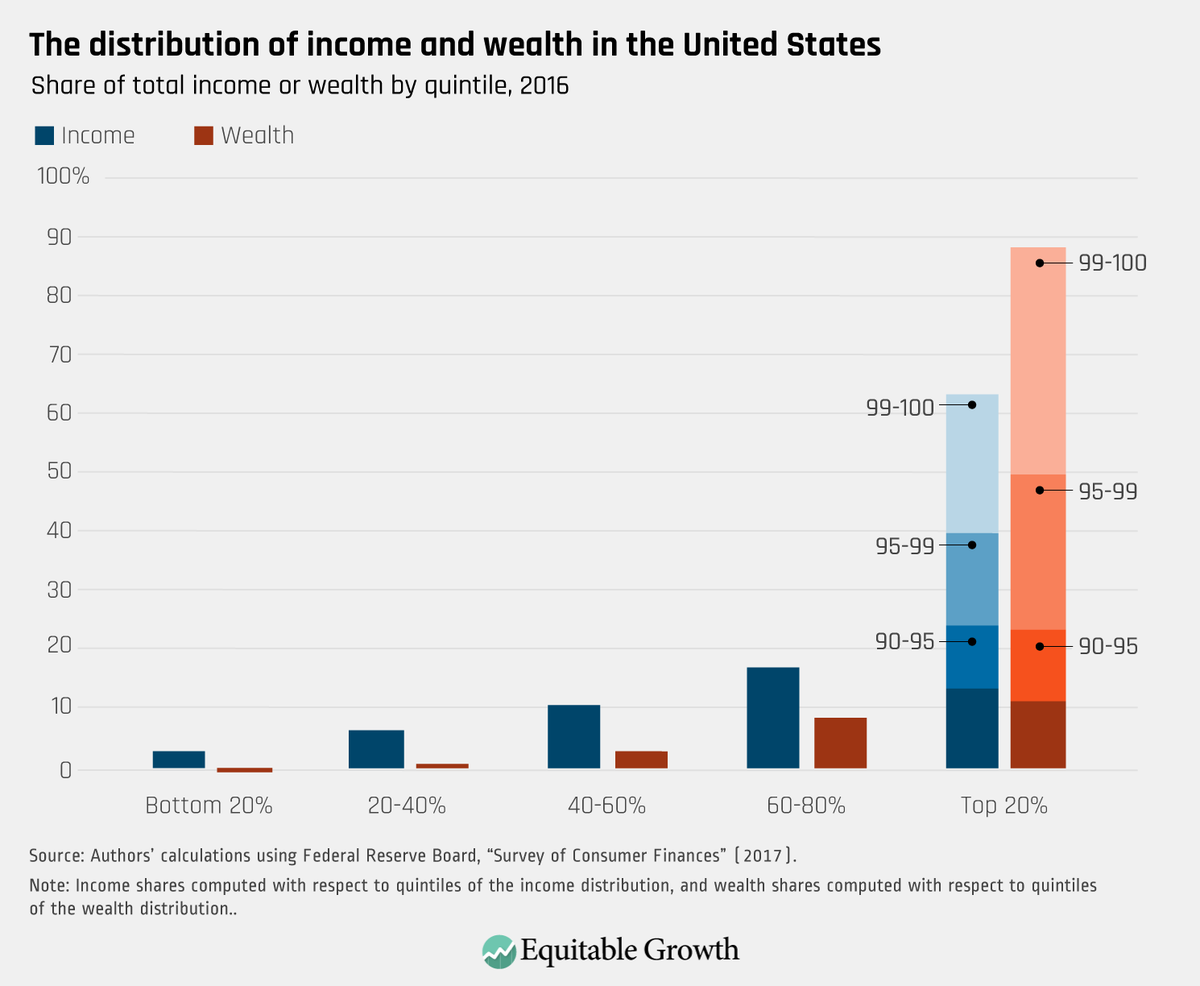
Previously @USTreasury, @WhiteHouseCEA, @equitablegrowth, @TaxPolicyCenter. Personal account. Indefinite twitter hiatus.
How to get URL link on X (Twitter) App





https://twitter.com/RichardRubinDC/status/1214227477746388993This is a (partially) answerable question but you must acknowledge that the purpose of tax cuts is to cut taxes, something our economic policy discourse largely refuses to do so. (I have thoughts on why, but we’ll save those for another time.) 2/




https://twitter.com/equitablegrowth/status/1022108275217784832“Wealth taxation and evasion: Quasi-experimental evidence from Colombia” @juliana_londono will leverage admin data from Colombia and information released in the Panama Papers to estimate the impact of wealth taxes on reported wealth and on the use of tax-evasion strategies 2/4

https://twitter.com/kpomerleau/status/983714833047654400In other words, @kpomerleau and @ScottElliotG are arguing for the superiority of the (implicitly static) % change in ATI but I’m unaware of a single valid (under their own assumptions) estimate of that quantity from the TF in the entire TCJA debate (or 2016 election) 2/

 However the alternative fiscal scenarios do not incorporate economic effects. There's a notion of substitution between the economic effects of these two sets of policies
However the alternative fiscal scenarios do not incorporate economic effects. There's a notion of substitution between the economic effects of these two sets of policies 

https://twitter.com/lenburman/status/937715252535447553But note that I think the answer might differ for estate tax change set to zero and estate tax set to zero in baseline and alternative. 2/
https://twitter.com/ernietedeschi/status/926312984099610624